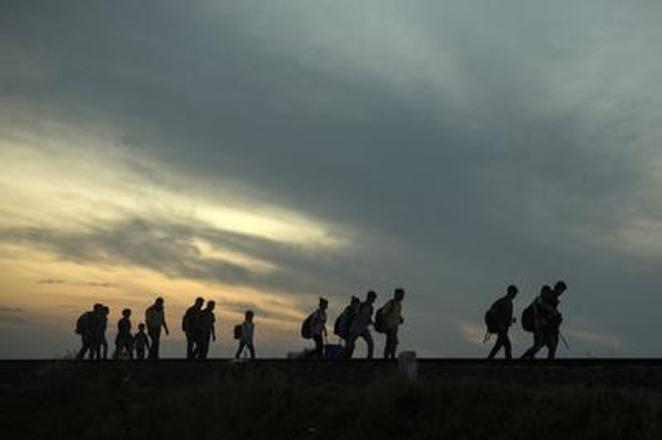The result is a good thing, but the lack of vision and political leadership in the region means there will be more problems than necessary.
Political rhetoric now increasingly focuses on opposition to quotas, not refugees themselves, and Central European leaders would have you believe that this has been their principled stance all along. Prime Minister Robert Fico recently spoke of discussions in Brussels now being about “a struggle for the rules of the EU and making sure they are observed” as if his completely unsubstantiated, inaccurate and populist statement that 90 percent of refugees were economically motivated never happened.
In other words, Fico and others argue that the problem all along was not refugees per se, but rather the concept of quotas, and in particular the dreaded “mandatory quotas”. The trick here is that the quotas were never mandatory, as they required EU countries to agree to participate. That is pretty much the definition of voluntary. The fact that Central European opposition to a quota plan blocks its implementation proves that it is not mandatory.
In political communication they call something like this a “straw man” argument, whereby politicians create a fake opponent to beat on and distract people from what is actually happening. In this case it allows the governments of the Czech Republic, Hungary, Poland and Slovakia to declare to voters that they stood up for national interest (by opposing “mandatory” quotas) even as they take something close to the same number of refugees.
Czech Human Rights Minister Jiri Dienstbier now says his country could accept 15,000 refugees immediately. That is ten times the number the Czech government agreed to earlier this year.
In Poland the shift is even more apparent. Prime Minister Ewa Kopacz now says here country “will accept as many [refugees] as we can afford”. Speaking in parliament Foreign Minister Grzegorz Schetyna said : “Standing on the sidelines and turning our backs to the current crisis is far below our ambitions to play an important role in the EU.”
Slovakia will make a similar shift, albeit likely less eloquently. Still, we cannot forget that the language used to oppose migrants has not been limited to discussions of quotas in past months. In order to curry domestic political support, Central European leaders sought to convince citizens that they would not accept refugees, or that they would only do so in very limited numbers. They fed misconceptions that all Muslims are terrorists, or that Trnava risks turning into Tehran.
The public is thus poorly prepared for the experience to come. Leaders have been dishonest and short-sighted. This means unnecessary trouble and confusion when refugees arrive. It will also later require a response in the form of policy.
In the meantime, Czech, Slovak, Polish and Hungarian politicians will keep playing checkers while others play chess.



 Migration as a threat was the most common thread of disinformation being spread before the 2019 EP elections, a GLOBSEC report suggests. (source: AP/SITA)
Migration as a threat was the most common thread of disinformation being spread before the 2019 EP elections, a GLOBSEC report suggests. (source: AP/SITA)